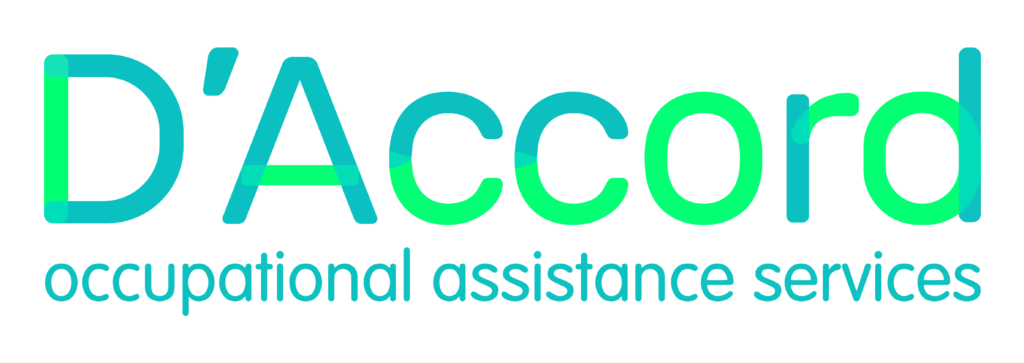Anger is a powerful and often misunderstood emotion. While it’s a natural human experience, unmanaged anger can significantly strain our relationships. And if you don’t manage it properly, it impacts our well-being, and even affects our professional lives.
For those of you in Melbourne seeking to navigate this complex emotion and build stronger connections, developing effective anger management strategies is key, in addition to looking for counselling help, which both are equally important.
In this article, we will explore the nature of anger, provide five practical strategies to improve your interpersonal relationships, and guide you towards professional support if needed.
What is Anger and Is It Wrong to be Angry?

Anger is a fundamental human emotion, a natural response to perceived threats, injustices, or frustrations. It’s often an alarm system, signaling that something is wrong or that a boundary has been crossed.
Therefore, it’s not inherently wrong to be angry. In fact, anger can be a healthy motivator for change, prompting us to address problems, advocate for ourselves, or stand up for what’s right. The challenge arises not from the emotion itself, but from how we express and manage it.
When anger becomes uncontrolled, frequent, or disproportionate to the situation, it can damage relationships, lead to regretful actions, and harm our physical and mental well-being.
This can make it difficult for you to stay focused and efficient in daily tasks, eroding your ability to communicate constructively and fostering an environment of tension rather than connection.
Anger Management Strategies to Improve Interpersonal Relationships in Melbourne

For those looking to cultivate healthier interactions and strengthen your bonds, here are five effective anger management strategies proven to improve interpersonal relationships for individuals and professionals in Melbourne:
1. Identify and Understand Your Triggers
The first step in managing anger is to understand what sets it off. You can take time to reflect on situations, words, or behaviors that consistently provoke your anger.
Is it feeling disrespected? A sense of injustice? Frustration with incompetence? Recognizing your own signs of emotional trauma in adults or unresolved past issues can also shed light on deep-seated triggers.
Once you identify your triggers, you can develop proactive strategies to avoid them or prepare yourself to respond calmly when they arise, rather than react impulsively. This self-awareness is foundational to effective anger management and healthier communication with others.
2. Practice Empathetic and Non-Blaming Communication

When anger arises in a relationship, the natural inclination can be to blame the other person. However, effective communication requires empathy and taking responsibility for your feelings.
We recommend you use “I” statements (e.g., “I feel frustrated when…”) instead of “You” statements (‘You always make me frustrated…’). This approach focuses on expressing your needs without attacking, fostering a space where both parties can be heard.
Understanding cultural diversity in the workplace also plays a role here, as communication styles vary, and what might be perceived as aggressive by one person might be normal for another.
3. Utilize Relaxation and Mindful Techniques
When you feel anger rising, immediate physical and mental techniques can prevent escalation. Deep breathing, progressive muscle relaxation, or simply taking a short walk can help calm your physiological response. Practicing mindfulness helps you observe your anger without being consumed by it.
These techniques are similar to those used to learn how to stop worrying and can provide a crucial pause, giving you space to choose a constructive response rather than an explosive reaction. Regular practice builds resilience against sudden surges of anger.
4. Shift Your Perspective and Reframe the Situation

Often, anger stems from how we interpret an event, rather than the event itself. We encourage you to challenge your initial thoughts and try to see the situation from another person’s point of view or consider alternative explanations.
Is their action truly malicious, or is there a misunderstanding? Could they be under stress themselves? Reframing can reduce the intensity of your anger, transforming a potentially confrontational situation into an opportunity for understanding.
For some, particularly in men’s mental health discussions, learning to reframe can be a powerful tool for processing emotions beyond traditional expressions of anger.
5. Set Clear and Healthy Boundaries
A significant amount of anger is a result of having your personal boundaries violated. Learning to set clear and healthy boundaries in your relationships—whether at home or at work—is a proactive form of mental health at work management that can prevent future anger and resentment.
By communicating your limits calmly and respectfully, you teach others how to treat you and reduce the likelihood of situations that would otherwise trigger an angry response.
Need Professional Help for Anger Management in Melbourne?
Managing anger and improving relationships is a journey, and while these strategies are a great starting point, they may not always be enough.
If you’re finding that anger and frustration are consistently impacting your life, professional support can help you understand the root causes and develop lasting coping skills.
For professional support in Melbourne, we recommend you to explore D’Accord OAS’s Counselling services for tailored strategies to help you manage anger, build resilience, and move toward lasting peace and stronger relationships.
Difficult Terms & Definitions Related to Anger Management
| Term | Definition |
|---|---|
| Interpersonal Relationship | Connections or associations between two or more people, often involving emotional bonds and communication. |
| Triggers | Specific events, situations, words, or behaviors that provoke an emotional response, such as anger. |
| Empathetic Communication | Communicating with the ability to understand and share the feelings of another person. |
| Non-Blaming Communication | Expressing feelings and needs without accusing or assigning fault to the other person. |
| Mindful Techniques | Practices that help you focus on the present moment, observing thoughts and feelings without judgment. |
| Reframing | Consciously changing the way you look at a situation or thought to give it a more positive or constructive meaning. |
| Boundaries | Limits you set in relationships to protect your physical, emotional, and mental space. |
Frequently Asked Questions About Anger Management
1. What is anger, and is it wrong to feel angry?
Anger is a natural emotion that signals something is wrong. It’s not wrong to feel angry; the key is managing how you express it.
2. How can I identify my personal anger triggers?
To identify your triggers, reflect on the situations or behaviors that consistently provoke your anger. Understanding the unmet needs behind these feelings is key.
3. Are these strategies enough to solve all my anger issues?
These strategies are a great starting point. However, for deep-seated or persistent anger, professional support is often needed to address the root causes and develop lasting coping skills.
4. How can counselling help me with anger management in Melbourne?
Counselling helps you uncover the root causes of your anger and provides personalized techniques to manage your reactions, improve communication, and build healthier relationships.
5. What’s a simple way to communicate my anger without blaming others?
Use “I” statements. Instead of “You make me angry,” say “I feel angry when…” This focuses on your feelings without blaming others.











